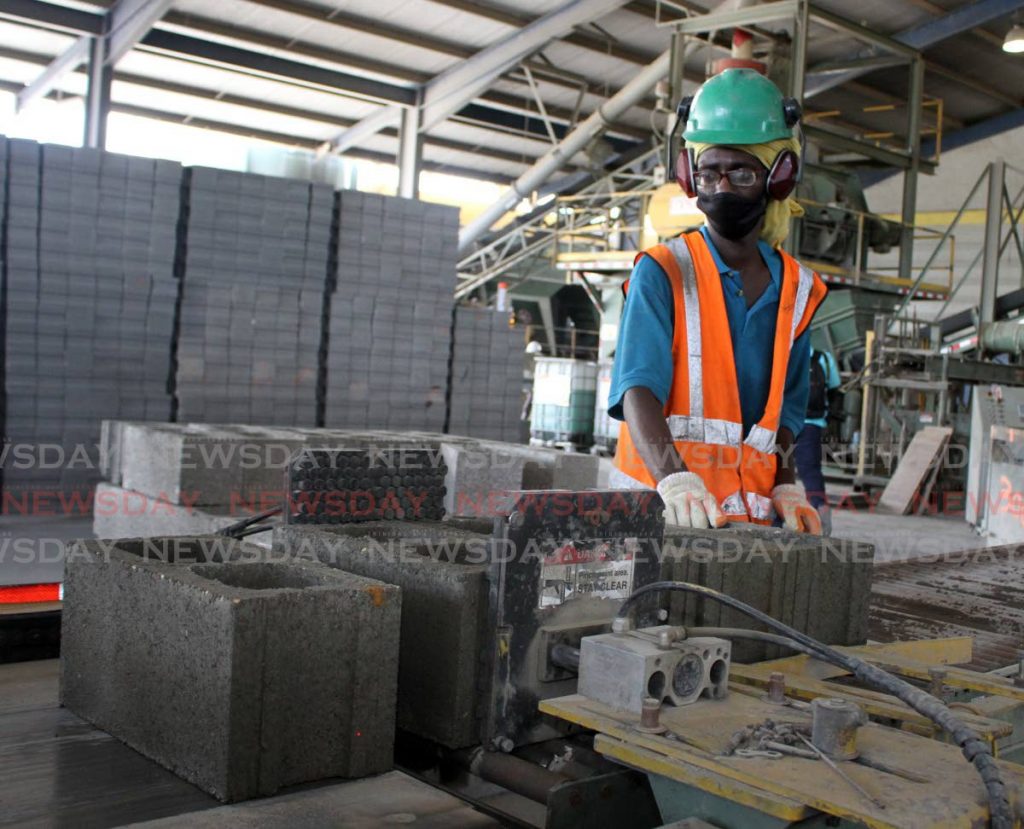TT Chamber charts a prosperous course

The TT Chamber of Industry and Commerce says there are three important measures it believes are needed for a national transformation, starting with the strengthening of business competitiveness.
The business lobby group, in a statement, said that transforming the economy to drive new investment and job creation, and improving government accountability, are the two other major pillars.
Preceding an extensive list of measures, the chamber wrote, “We know our potential is limitless; we just need to work in a coordinated effort to harness our human and natural resources – with the private sector serving as an important catalyst for transformation.
“As a collective voice, we advocate for solutions that will foster the growth of the private sector, which is a key contributor to the economy and drives foreign exchange earnings. Our belief is that strong businesses in the private sector are the foundation of a prosperous and equitable TT.
“As we address the impact of covid19 and the continued efforts to create a more enabling business environment, we believe that meaningful collaboration among government, labour and the private sector is essential to rebuilding and strengthening the economy, and to increasing our competitiveness. We have the collective capacity to make it happen.
However, it noted serious challenges in that: The two largest economic sectors, manufacturing (which now includes petrochemicals, LNG and NGLs), and trade and repairs, have contracted in real terms on average since 2012 by -0.75 per cent and -2.0 per cent, respectively.
It adds that manufacturing capacity utilisation stood at 65 per cent at the end of 2019 and quarterly new vehicle sales dropped to the lowest level since the global financial crisis of 2008.
“The construction sector averaged annual growth of only 0.03 per cent between 2012 and 2018 and cement sales fell to levels last seen in 2002.
“However, a few sectors have recorded average annual real economic growth above three per cent between 2012 and 2018. Agriculture, forestry and fishing, which accounts for 0.5 per cent of GDP, and administrative and support services which accounts for 4.1 per cent of GDP. As other sectors contract, the contribution of public administration to GDP increased from 6.5 per cent in 2012 to 9.9 per cent in 2018. However, its contribution to foreign exchange earnings is nominal.
“The data above,” the chamber added, “is sobering and, in our view, reflects the cumulative impact of successive regimes that have tried unsuccessfully to diversify the industrial base of the economy, promote export-driven growth, and create a productive, flexible labour environment. Despite our having a highly educated population, the enablers for innovation and entrepreneurship needed for the large-scale economic transformation are missing.
“Our social transfers, while needed for the most vulnerable, are at unsustainable levels and crime is not only costing lives but adding costs.
“The chamber believes that it is important that ahead of this critical decision point for our country, that we are on record as to the measures we believe are needed for a national transformation.”
Its first pillar, strengthen business competitiveness, the chamber said, is to address:
a) Amounts owed by government to businesses. It offers two interim solutions – the implementation of a VAT exemption on raw material inputs for manufacturers, with at least 30 per cent exports or where their local sales are not viable – if VAT refunds are applicable for three cycles or more per year; and, on large capital projects, companies should be able to get a firm commitment on payment of refunds or be VAT exempt.
b) A sustainable foreign exchange framework.
c) Update of the Industrial Relations Act.
d) Sustaining and transforming the energy sector.
e) Enhance trade and investment opportunities.
f) Digital adoption in the business sector.
Its second theme, transforming the economy to drive new investment and job creation, the chamber suggested, requires:
a) MSME (micro, small and medium enterprises) growth.
b) Encouraging foreign investment in Tobago.
c) Creating and enabling a safe environment for investment.
And, its third theme, improving government accountability, requires:
a) Fiscal management.
b) Reduction of cost/transfers and subsidies.
c) Institutional strengthening.
d) Public procurement and prudent asset management.
e) Financial reform and transparency.


Comments
"TT Chamber charts a prosperous course"